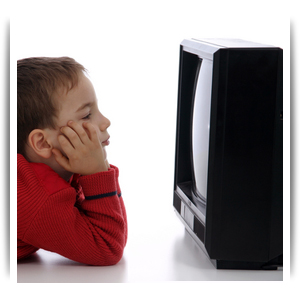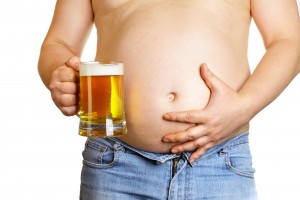With finals approaching and students spending countless hours of studying for exams for exams, the amount of sleep per night is likely to be cut short. But, this does not necessarily mean students will sleep less, maybe just sleep more during the day. We are told that it is important to get 8+ hours of sleep each night, but what if the number of hours we sleep are spread out throughout the day? Does this have a different affect on us and your bodies; will we be more tired or will we feel rejuvenated and more energized after sleeping for shorter periods of time more sporadically throughout the day?
In a recent study conducted by the University of California Berkeley, 39 average, healthy adults were chosen and then divided into two groups – nappers and non-nappers. At 12:00 noon both groups were given a learning tax and were required to learn the information given. After, at 2 pm, the napping group proceeded to take a 90 minute sleeping break while the non-nappers stayed awake. Later at 6 pm, both groups were subject to more exercises and activities regarding learning and other tasks. The napping group showed better results in their performance and their abilities increased, as opposed to the non-nappers whose performance lacked and decreased.
As many may or may not know, while sleeping, the brain produces different kinds of wave which are an indication of how deep of a sleep you are in. After a short period of time (approximately 20 minutes or more) the brain can move into a different phase, the slow-wave sleep, which is the deepest sleep phase possible. If submerged into this deep phase of sleep and nap for too long, it could cause you to wake up feeling disoriented and dazed and confused and not as refreshed or able to perform tasks well.
While the study conducted at UC Berkeley does not consist with the above fact about napping and the brain waves, it is not to say that either of these can definitely prove that taking naps will or will not make you more tired or more energized to do tasks. There are other factors that could contribute to the validity of the study done by US Berkeley. The study did not mention how long the adults slept for the night before, or if caffeine was consumed by the non-nappers. In addition, the fact about brain waves and sleeping does not address the fact that shorter naps might not cause a person to fall into the “slow-wave sleep” phase. While both provide good information to be used to further the study, neither can prove one or the other wrong.
In another research study by NASA, it was found that pilots who took 25 minute naps in the cockpit were more than 35% more alert than other colleagues and twice as focused. While this study tests a shorter amount of time spent napping, it provides consistent results to the first study by UC Berkeley that show napping improves performance in many aspects. No conclusions can be drawn from the information given, but two consistent studies show similar results which could lead to more developed research.
Sources:
http://www.prevention.com/health/sleep-energy/9-sleep-myths-make-you-tired/2-napping-only-makes-you-more-tired
http://www.medicalnewstoday.com/releases/179882.php
http://www.dailymail.co.uk/femail/article-2587568/How-feel-refreshed-little-sleep-MUST-afternoon-nap-Never-wake-tired-again.html













